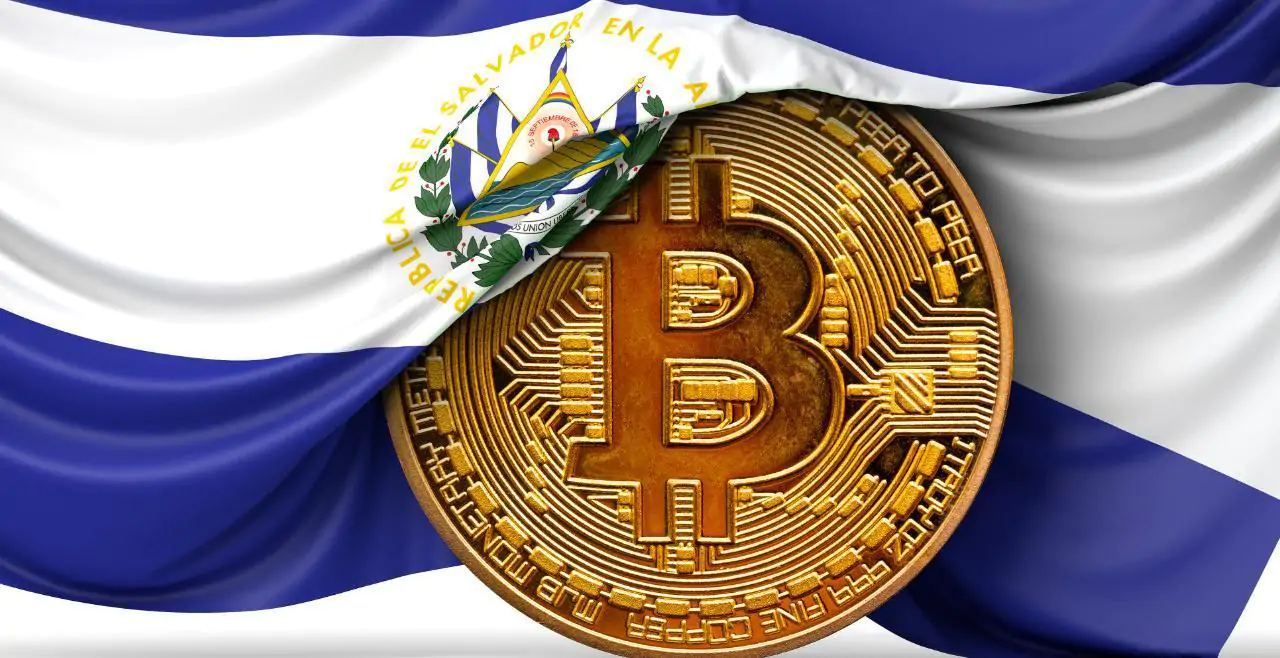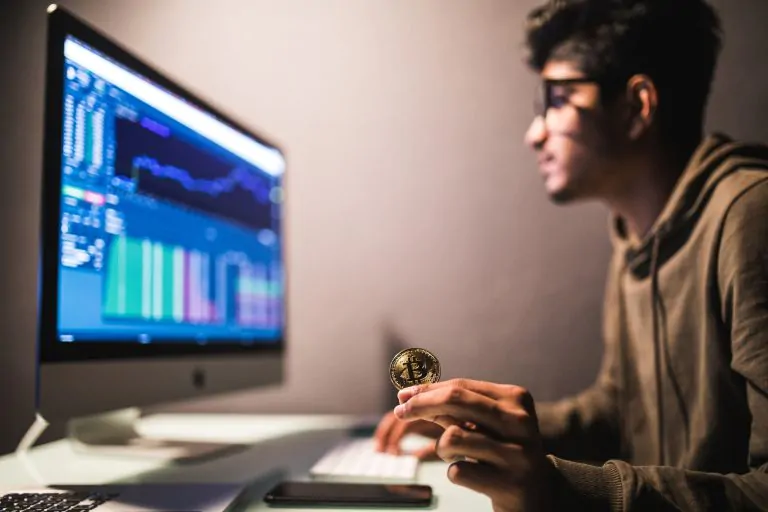The crypto sphere is constantly developing, and the number of bloggers and influencers within it is growing day by day.
25.08.2024

El Salvador continues to capture the attention of the global community with its unconventional approach to cryptocurrencies. Since Bitcoin was recognized as official currency in this small Latin American country, the authorities have persistently followed their strategy of accumulating digital assets, despite all the fluctuations in its value. Amid global financial uncertainty and debates about the future of cryptocurrencies, the Salvadoran government not only continues to increase its Bitcoin reserves but is also actively developing infrastructure for their use. This ambitious plan has both supporters and critics, but one thing is clear—El Salvador is willing to take risks for long-term benefits.
The Salvadoran government, which officially recognized Bitcoin as legal tender in 2021, continues to support its strategy of acquiring the cryptocurrency despite its price volatility. The state purchases 1 BTC daily, with all coins sent to cold storage to ensure the security of the assets. Since this practice began in November 2022, when President Nayib Bukele decided on daily purchases, the price of Bitcoin has decreased by about 12%. However, this decline has not affected the government’s plans, which remain committed to its chosen strategy.
At the time of this decision, El Salvador already had a reserve of 2,380 BTC. In March 2024, Bukele publicly disclosed the wallet address where the state’s Bitcoin reserves are stored, responding to criticism over the lack of transparency in managing these assets.
Over two years, El Salvador has significantly increased its Bitcoin reserves. As of mid-March 2024, the balance of the state wallet stood at 5,689 BTC, and as of August 23, 2024, this amount had grown to 5,851 BTC, according to blockchain data.
At the current Bitcoin price of $60,700 per coin, the total value of El Salvador’s reserves reaches $355 million. However, in late May and early June 2024, when Bitcoin was priced around $70,000, the total value of the accumulated assets exceeded $411 million, despite a smaller volume of BTC in the balance.
According to crypto analyst EmberCN, El Salvador’s average purchase price for Bitcoin is approximately $44,835 per unit. As a result, the country currently has an unrealized profit of $93.45 million.
Additionally, El Salvador is actively investing in the development of cryptocurrency infrastructure and the mining industry. In mid-August 2024, the authorities announced the acquisition of $1.6 billion for the creation of infrastructure for the future tax-free Bitcoin City, obtained from a private Turkish company. Despite the current downward trend in the market, the Salvadoran government is betting on further growth of Bitcoin. Forecasts indicate that Bitcoin’s price will fluctuate between $48,000 and $68,000 over the next two months, suggesting a continued bearish trend.
El Salvador continues to demonstrate courage and determination in its chosen path toward a digital future. The strategy of daily Bitcoin purchases and the development of infrastructure around the cryptocurrency indicate that the country aims to become a leader in the new global economy. Despite market volatility and criticism from the international community, El Salvador is not backing down from its ambitions, hoping that these investments will pay off in the long term. Time will tell whether this risk will be justified, but for now, El Salvador is writing its unique chapter in the history of the global financial world, and this development is worth watching closely.




